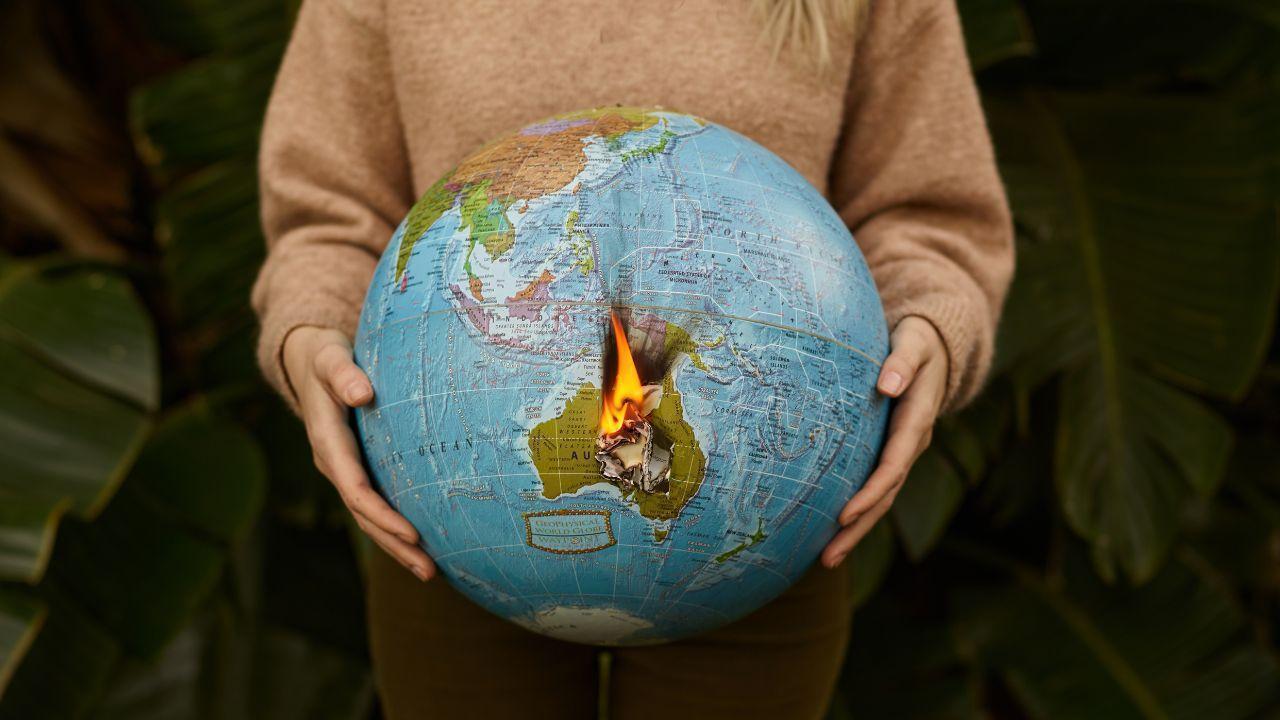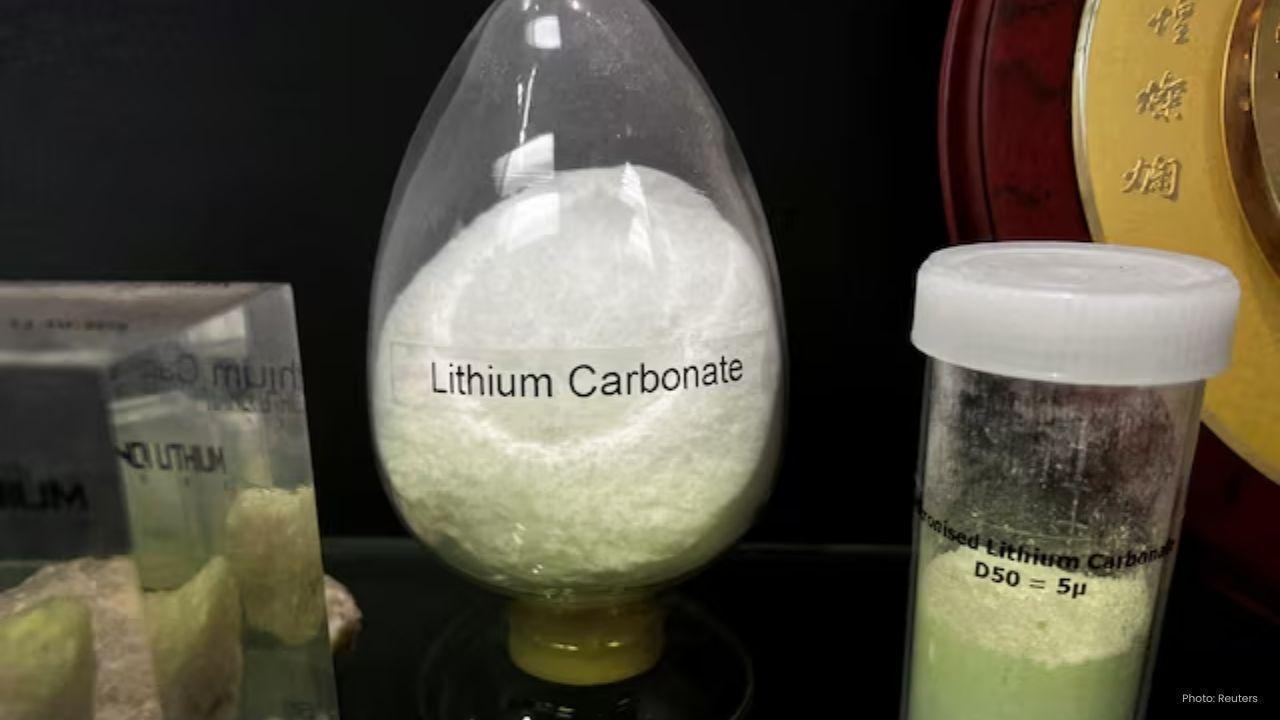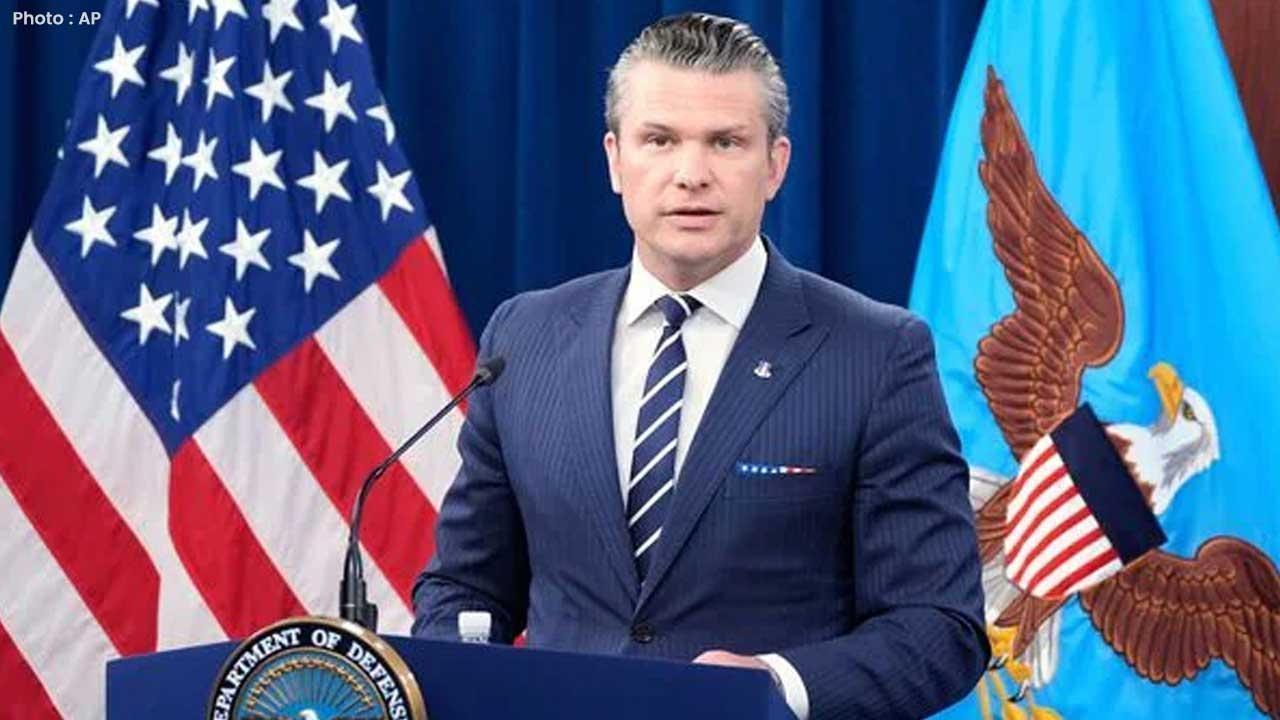
Post by : Vansh
We are living in what many experts are calling The Green Hour—the critical moment when immediate action is needed to combat the intensifying effects of climate change. The signs are everywhere: record-breaking temperatures, rising sea levels, intensified wildfires, and erratic weather patterns. Science has made it clear—the time to act is not tomorrow, not in the next decade, but right now. If we fail to respond, the consequences will reshape life on Earth for generations to come.
Climate change refers to the long-term alteration of temperature and weather patterns, primarily caused by human activities, especially the burning of fossil fuels. These actions release excessive amounts of carbon emissions into the atmosphere, forming a heat-trapping layer that disrupts Earth’s natural balance.
What makes the current situation especially urgent is the narrowing window of opportunity to avoid irreversible damage. According to the Intergovernmental Panel on Climate Change (IPCC), we must reduce global emissions by nearly 50% by 2030 to keep global warming under 1.5°C. Every year we delay, the path to sustainability becomes steeper and more expensive.
The longer we wait to address climate change, the more costly the consequences become—not just environmentally, but economically and socially. In 2023 alone, climate-related disasters such as floods, droughts, and hurricanes caused billions in damage and displaced millions of people worldwide. Poor and vulnerable communities are disproportionately affected, with food security, clean water access, and healthcare systems under mounting strain.
Inaction doesn't only threaten ecosystems—it endangers our jobs, homes, and health. The economic impact is projected to reach trillions annually if warming continues unchecked. Insurance premiums are rising, agricultural yields are falling, and coastal cities are facing massive infrastructure challenges due to rising seas.
Sustainability isn’t just a buzzword—it’s the framework that can guide us toward a healthier planet. It means adopting practices that meet our needs without compromising the ability of future generations to meet theirs. Sustainable living involves reducing waste, conserving energy, protecting biodiversity, and shifting toward renewable energy sources such as wind, solar, and hydroelectric power.
Governments, businesses, and individuals all have roles to play. Nations must commit to climate pledges, enact green policies, and fund clean energy research. Corporations must embrace eco-conscious production and carbon-neutral goals. And at the individual level, small choices—like using public transport, reducing meat consumption, or supporting sustainable brands—can lead to significant collective impact.
At the core of the climate crisis lies the challenge of carbon emissions. Fossil fuels—coal, oil, and natural gas—are responsible for more than 75% of greenhouse gas emissions. When we burn them for electricity, transportation, or industrial use, carbon dioxide is released into the atmosphere.
Reducing carbon emissions is the single most effective step in combating climate change. Transitioning to renewable energy, improving energy efficiency in buildings and transport, and supporting reforestation are proven ways to cut carbon output. Innovations like carbon capture and storage (CCS) are emerging technologies that may help, but they require global investment and cooperation to scale effectively.
The content in this article is intended for informational and educational purposes only. It does not constitute professional, scientific, or policy advice. Readers are encouraged to consult experts for guidance specific to their situation. The views expressed do not necessarily reflect the official stance of MiddleEastBulletin news network.










Pageau's Overtime Goal Propels Islanders to 4-3 Victory Over Golden Knights
In a thrilling overtime finish, Jean-Gabriel Pageau leads the Islanders past the Golden Knights 4-3,

MLB Awards: deGrom and Acuna Jr. Shine as Comeback Players
Jacob deGrom and Ronald Acuna Jr. celebrated MLB Comeback Player Awards, alongside Ohtani and Judge

Portugal Confronts Ireland in Pivotal World Cup Qualifier
Portugal, led by Cristiano Ronaldo, faces Ireland in a vital Group F World Cup qualifier that could

Haaland's Brilliance Leads Norway to 4-1 Victory Against Estonia
Erling Haaland showcases leadership as Norway crushes Estonia 4-1, boosting their World Cup ambition

Hawks Triumph Over Jazz; Suns and Raptors Secure Victories
Hawks' Onyeka Okongwu and Jalen Johnson lead in a thrilling win against Jazz; Suns and Raptors also

Indian Men's Recurve Team Clinches First Asian Gold in Nearly Two Decades
The Indian men's recurve team triumphed over South Korea, securing their first Asian gold in 18 year